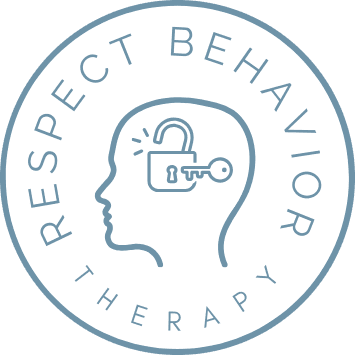How to Support a Loved One Going Through ABA Therapy

Living with autism can present unique challenges for both individuals diagnosed with the condition and their families. Applied Behavior Analysis (ABA) therapy has shown great promise in helping individuals with autism lead fulfilling lives. As a medical expert and owner of a reputable ABA therapy practice, I understand the importance of providing not only effective treatment but also the necessary support to our clients and their loved ones. In this article, we will explore how you can support a loved one going through ABA therapy.
Understanding ABA Therapy
Before we delve into ways to support your loved one, it's essential to grasp the fundamentals of ABA therapy. ABA is a scientifically proven approach that focuses on understanding and modifying behavior through positive reinforcement. By breaking down complex skills into smaller, more manageable steps, ABA therapists help individuals with autism learn new behaviors and reduce challenging ones.
Stay Informed
One of the best ways to support your loved one is to educate yourself about autism and ABA therapy. Familiarize yourself with the concepts and strategies utilized in ABA therapy, such as reinforcement techniques and behavior modification plans. Stay updated on the latest research and advancements in the field to better understand your loved one's progress and needs.
Open Communication
Clear and open communication is crucial when supporting someone going through ABA therapy. Regularly discuss your loved one's goals, progress, and any concerns or questions you may have with their ABA therapist. Share insights you've gained from observing their behavior at home or in other settings, as this information can guide the therapist in tailoring the therapy sessions for maximum effectiveness.
Consistency is Key
Consistency plays a vital role in ABA therapy. Encourage consistency by establishing routines and maintaining a structured environment at home. Consistent expectations, rules, and consequences can reinforce the skills learned during therapy sessions and help your loved one generalize those skills to different contexts.
Reinforce Positive Behaviors
Positive reinforcement is a fundamental aspect of ABA therapy. Celebrate and reinforce the small victories your loved one achieves throughout their therapy journey. Praise, rewards, and other forms of positive reinforcement can motivate and encourage continued progress.
Patience and Understanding
Supporting someone going through ABA therapy requires patience and understanding. Remember that progress may take time, and setbacks are a normal part of the process. Be patient with your loved one and yourself, and acknowledge that everyone's journey is unique. Offer support and encouragement during challenging times, and celebrate every accomplishment, no matter how small.
Seek Support
Support groups and communities can be invaluable resources for both individuals with autism and their families. Connect with other families going through similar experiences to share advice, insights, and emotional support. These groups can provide a safe space to discuss challenges, celebrate successes, and learn from others who have walked a similar path.
Self-Care is Essential
Supporting a loved one going through ABA therapy can be demanding, both physically and emotionally. It is crucial to prioritize self-care to ensure you are equipped to provide the best support possible. Take time for yourself, engage in activities that recharge you, and seek support from friends or professionals when needed.
Conclusion
Supporting a loved one going through ABA therapy involves understanding, patience, and consistent communication. By educating yourself, maintaining open lines of communication, and providing a supportive environment, you can enhance the effectiveness of ABA therapy and contribute to your loved one's overall well-being. Remember, you are an essential part of their journey towards a brighter future.
